Op Ed: Look at the similarities in Brady, Osweiler career beginnings
Anyone who watches football understands the magnitude of the rivalry between Tom Brady and Peyton Manning. All season long, the entire league was looking forward to what could perhaps be the last head-to-head between these two legends. It was a game everyone around the country was tuned in for.
That was until Peyton Manning suffered a torn plantar’s fascia in his foot two weeks ago. The game was going to have to go on without Peyton, but a new rivalry was in the making:
Brady vs. Brock. Going into the match-up, it seemed to be obvious New England was going walk into Denver and get the win. The Pats are the defending-Super Bowl champions, the unanimous favorite to win the Super Bowl again, and they were expected to finish the regular season undefeated.
“Not so fast,” said Brock Osweiler.
The Patriots chances of another 16-0 regular were shattered by a quarterback in his second career start. David toppled Goliath.
Questions are surfacing throughout the sports world: “Will Brock be the next great?” “Is this the end of the Peyton Manning era?”
Before dissecting what Sunday’s outcome means moving forward, let me point out that history tends to repeat itself. Ironically, the man on the losing end of the spectrum, Tom Brady was once dealt a similar opportunity to what Brock Osweiler has been given. It was the defining moment in Tom’s career that established his mojo and endless confidence.
Let’s stroll down memory lane:
Tom Brady was drafted in the sixth round of the 2000 NFL draft. He was an average quarterback at the University of Michigan.
He was drafted to be one of Drew Bledsoe’s back-ups. Brady rode the bench his first season but in week two of the 2001 season, he got his chance to shine.
Drew Bledsoe suffered a sheared blood vessel in his chest and Tom took the reins from there.
He led the Patriots through the AFC postseason and into the Super Bowl. The only team standing in the way of the once-seventh string college quarterback was the heavily favored St. Louis Rams.
The Rams were good, really good. In fact they were a 14-point favorite to win the Super Bowl.
Brady’s Patriots held the lead since the second quarter and allowed the Rams to rally back near the end of regulation. Brady drove the offense down the field with 1:30 remaining and set up Adam Vinateiri for the game-winning kick as time expired. Tom ended the game with 16-27 passing for 145 yards and a touchdown pass. He was crowned Super Bowl MVP and on top of the world.
Tom Brady’s success in the NFL has roots in that game. It was the fuel to his fire that has burned the league for years. And even though he is despised by fans around the league for a myriad of reasons – winning all the time and in recent years – the infamous Deflate Gate, you have to respect his success. He has appeared in six Super Bowls and has four rings. His most impressive statistic is his win/loss record: 170-48.
Brock Osweiler’s come-up is similar to Brady’s. They both backed up a former first overall draft pick and veteran quarterback to kick off their professional careers, they both got their chance to shine because of an injury to their predecessors and they both have shown lots of success since making their starting debuts.
Though Brock has started only two games, he beat arguably the best team of the last decade in his second start, with snowflakes dropping like bombs from the sky. He still has a lot to prove at this point, but the victory against New England could be remembered as Brock’s defining moment in his career. Following the victory, the Broncos have since leaped in the power rankings to fifth. With an “L” on New England’s resume, the Super Bowl contention door busted wide open.
If Brock continues to grow as a leader and play-caller, the decision will be one that Manning lovers might disagree with if and when Peyton is medically cleared to return to the field.
For four years, Peyton held his hand out to Brock Osweiler, and the pebble has finally been snatched. The future is now.




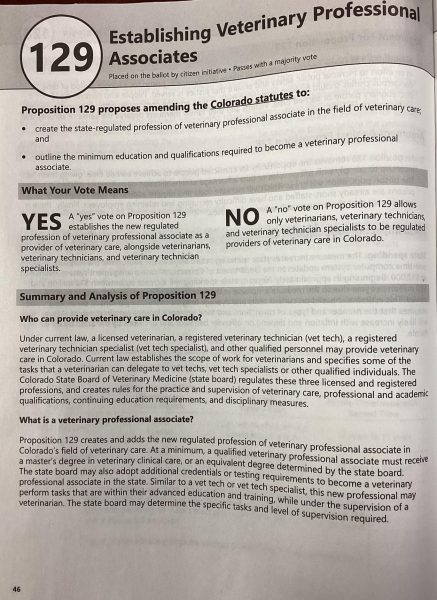
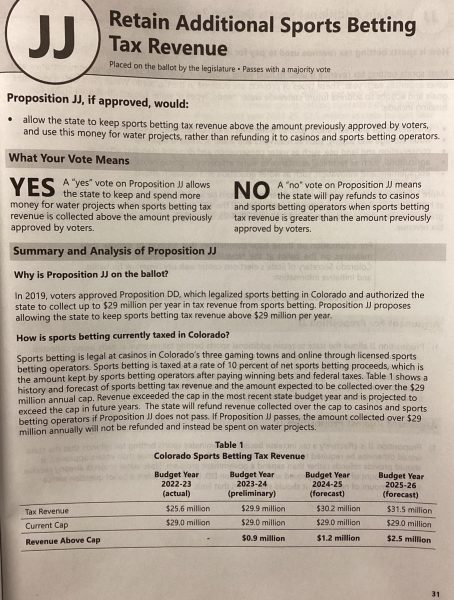
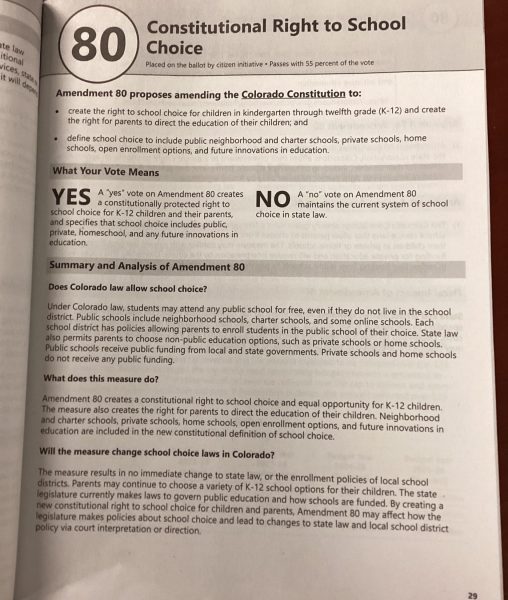
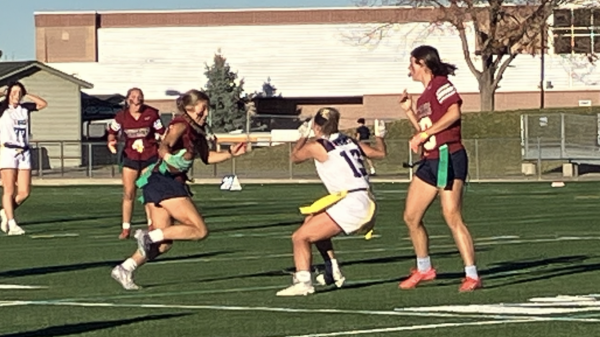

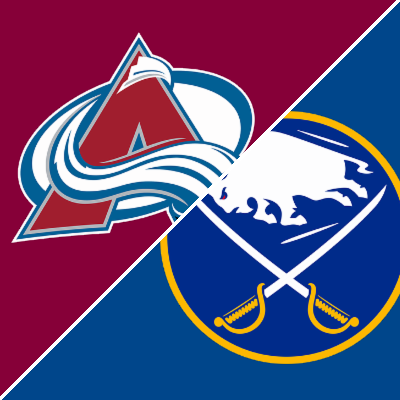
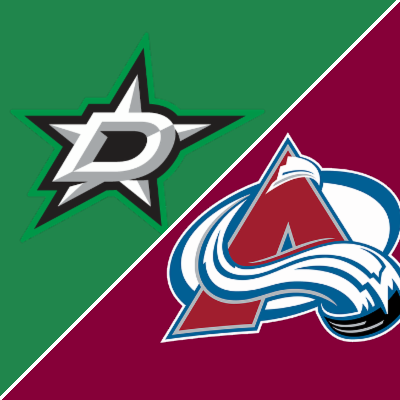
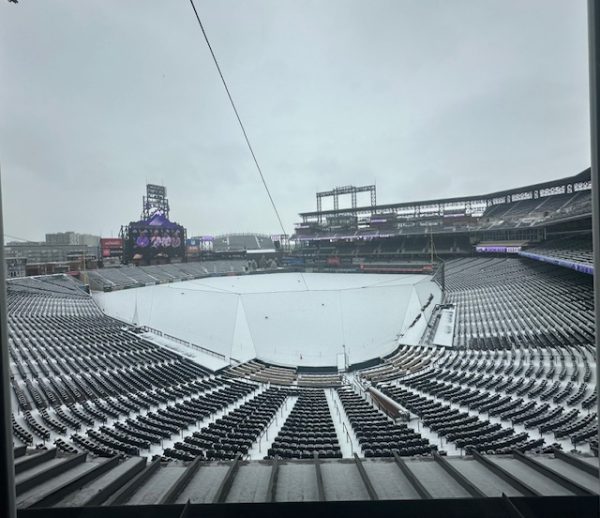
Dura'n • Nov 30, 2016 at 2:45 pm
Dear Anthony,
Thank You for informing me about Brock Osweiler and Tom Brady. I didn’t know that Tom Brady was a sixth round draft pick. Based on skill and talent you would think he was the number one draft pick 2000. The article was mainly on Tom’s career but, saw what you were saying. The reason I chose to read this article was because, I like the soon to be legend Tom Brady. I also wanted to see how you would compare Brock Osweiler and Tom Brady.
One reason I found this article interesting is because, I have personally played football at Chaparral High School as a defensive back. Another reason is that my father is the coach for the Denver Broncos. I would recommend this to my friends, because it has taught me things about Tom Brady’s first year as a NFL player. I just wanted to know one thing. Do you think Brock Osweiler is the next Tom Brady?
Sincerely,
Dura’n Coaxum